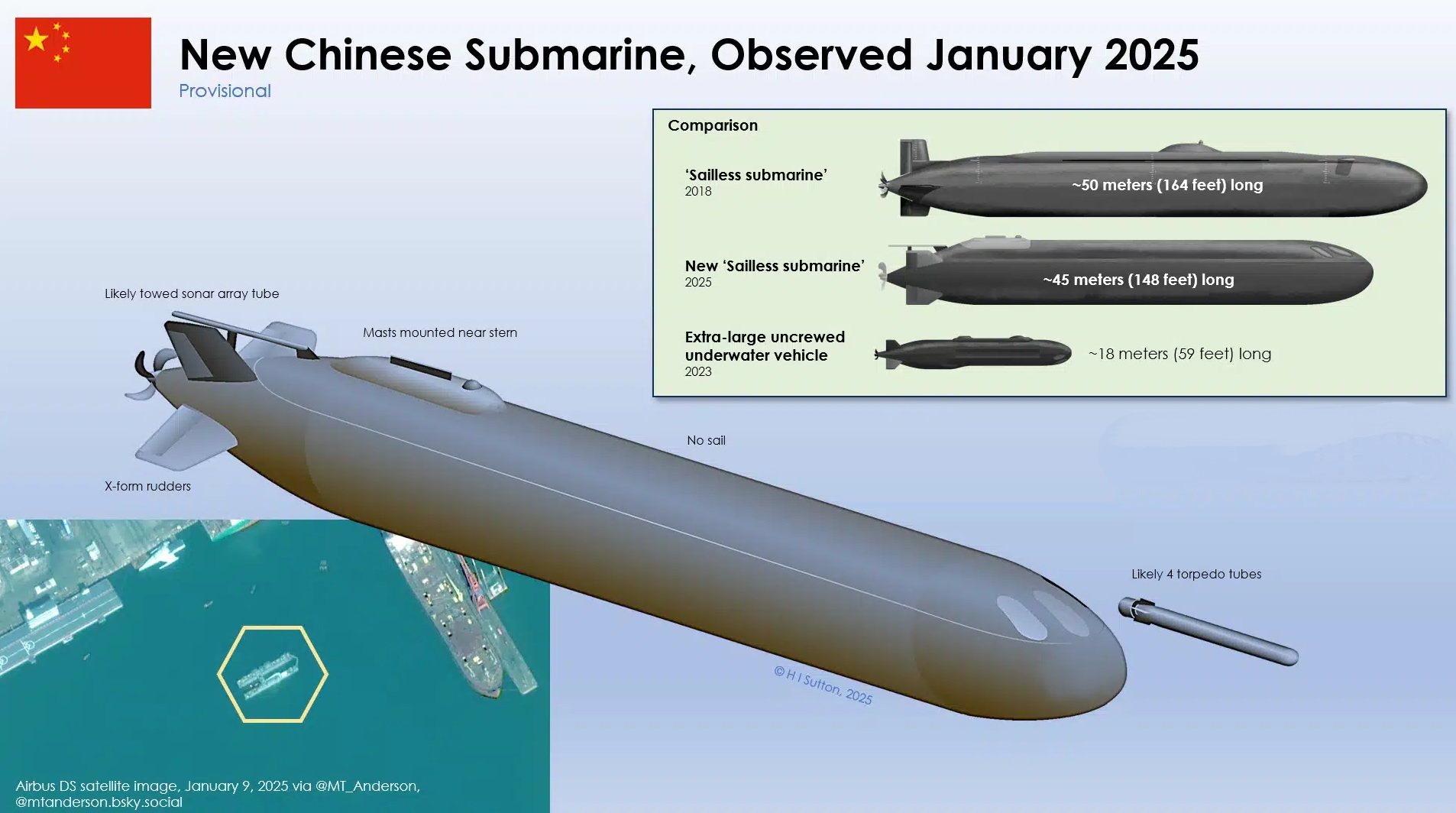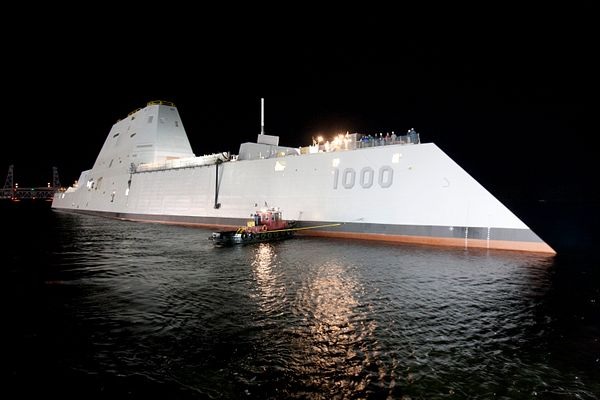India Investigates Chinese LNG Fuel Tank Imports for Anti-Dumping Violations

India has initiated an anti-dumping investigation into the import of LNG (Liquefied Natural Gas) fuel tanks from China following a complaint by Inox India Ltd, a leading domestic manufacturer. The investigation, led by the Directorate General of Trade Remedies (DGTR), aims to assess whether Chinese imports are being sold at unfairly low prices, causing significant harm to the domestic industry.
Background of the Investigation
LNG fuel tanks are specialized containers used to store and transport methane gas, primarily in heavy vehicles like trucks. These tanks are critical for India’s expanding clean energy ecosystem, particularly as the country transitions towards sustainable fuels. However, a surge in low-cost imports from China has raised alarms within the domestic manufacturing sector.
Inox India Ltd claims that the influx of cheaper Chinese LNG fuel tanks has disrupted the market, eroding profit margins for Indian producers. The company filed a detailed application with DGTR, presenting evidence of material injury caused by these imports.
The Scope of the Probe
The DGTR's notification highlights that the investigation is based on "prima facie evidence" of dumping. The term "dumping" refers to the practice of exporting goods at prices lower than their normal value in the exporter’s domestic market, creating unfair competition. The investigation will examine whether the Chinese imports have caused measurable harm to Indian manufacturers and, if confirmed, recommend anti-dumping duties to restore market balance.
Potential Outcomes and Implications
If the DGTR concludes that dumping has indeed occurred, it will recommend imposing anti-dumping duties. These duties are designed to counteract unfair pricing and create a level playing field for domestic producers. The final decision to implement the duties rests with India’s finance ministry.
This investigation is part of India’s broader trade strategy to protect its industries from predatory pricing practices under World Trade Organization (WTO) norms. The WTO permits member countries to impose anti-dumping duties as a safeguard against economic harm caused by cheap imports.
Trade Data and Trends
The import of LNG fuel tanks from China has seen a sharp rise. In the fiscal year 2023-24, imports were valued at $93.6 million. During April-October of the current fiscal year, the figure already stands at $42.7 million, a significant increase compared to $84.7 million in 2022-23. This upward trend underscores the urgency of addressing the issue.
Broader Context of Anti-Dumping Measures
India has previously imposed anti-dumping duties on various products, particularly those originating from China. These include steel, chemicals, and electronic components. The measures aim to protect domestic industries, ensure fair competition, and reduce dependency on low-cost imports.
Conclusion
The outcome of this investigation could set a precedent for addressing unfair trade practices in India's growing clean energy sector. By scrutinizing imports of LNG fuel tanks, India is taking a firm step toward safeguarding its domestic industry and promoting fair trade. The decision to impose anti-dumping duties, if warranted, will not only support local manufacturers but also contribute to a more balanced and competitive market.



